4 min read
•Converting plastic waste into new products
Key takeaways:
- Our new 20-liter lubricant pails contain 50% post-consumer recycled content.
- The equivalent of roughly 2.3 million plastic bottles has been recycled so far to make these pails.
- This is a first in pail packaging for lubricants in India.
4 min read
•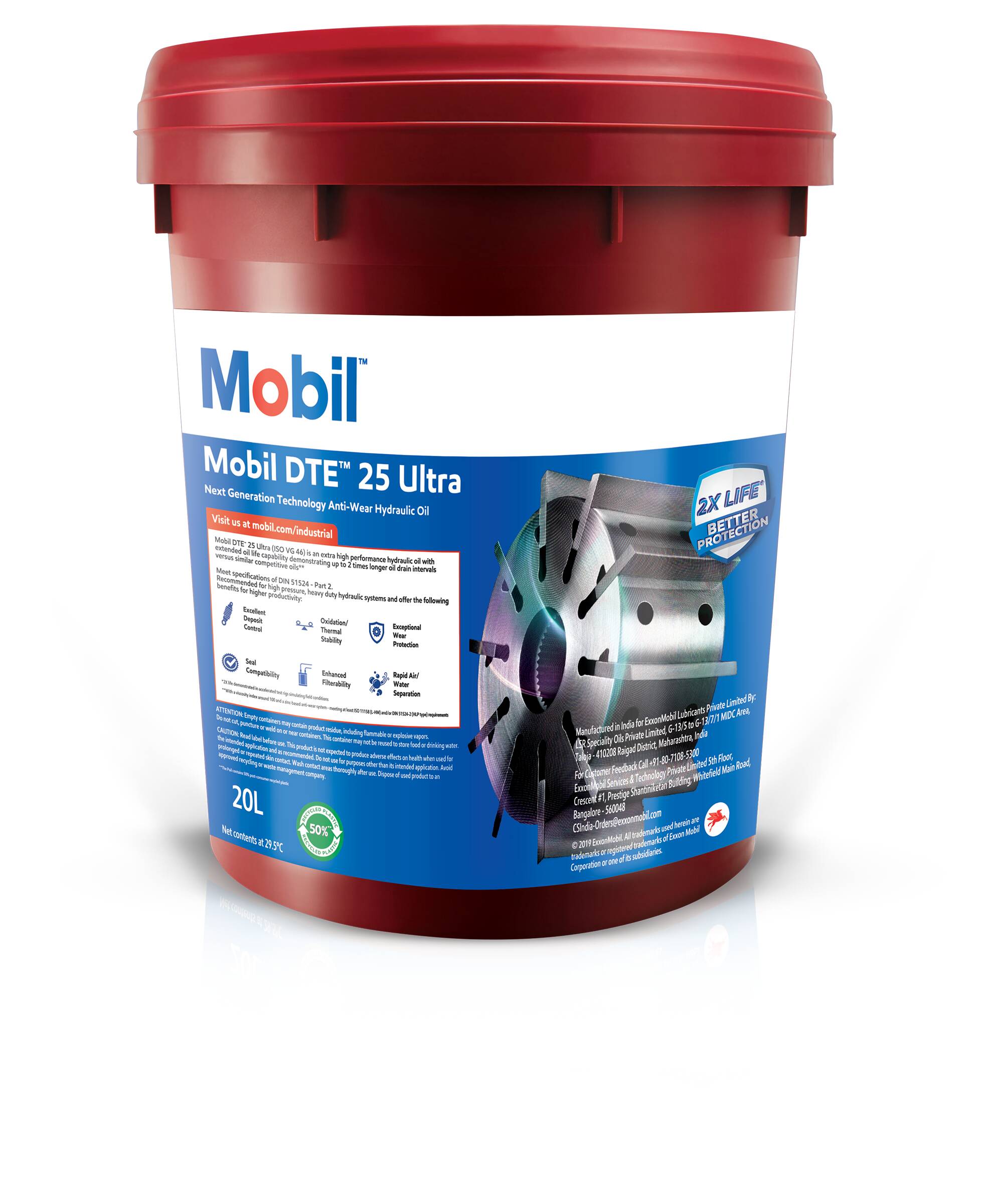
We're creating new benchmarks for plastic packaging in India, and lifting the levels of recycled plastics in lubricant pails.
Our 20-liter lubricant pails now come in new plastic packaging, made of 50% post-consumer recycled (PCR) content. This includes discarded plastic pails, jars, and battery casings.
We're working with India’s plastics industry to help convert plastic waste into value, including plastic recyclers, manufacturers of plastic-packaging solutions, and businesses using plastic packaging.
“We engaged with plastic recyclers and compounders, providing solutions to encourage the incorporation of recycled plastic in our pails,” says Bhalchandra Sawant from ExxonMobil’s Product Solutions business in Asia Pacific.
Since launching in 2023, 115 metric tons of recycled plastic has been sourced to make these pails. This is roughly equal to recycling 2.3 million used plastic bottles, and these pails can be recycled again.
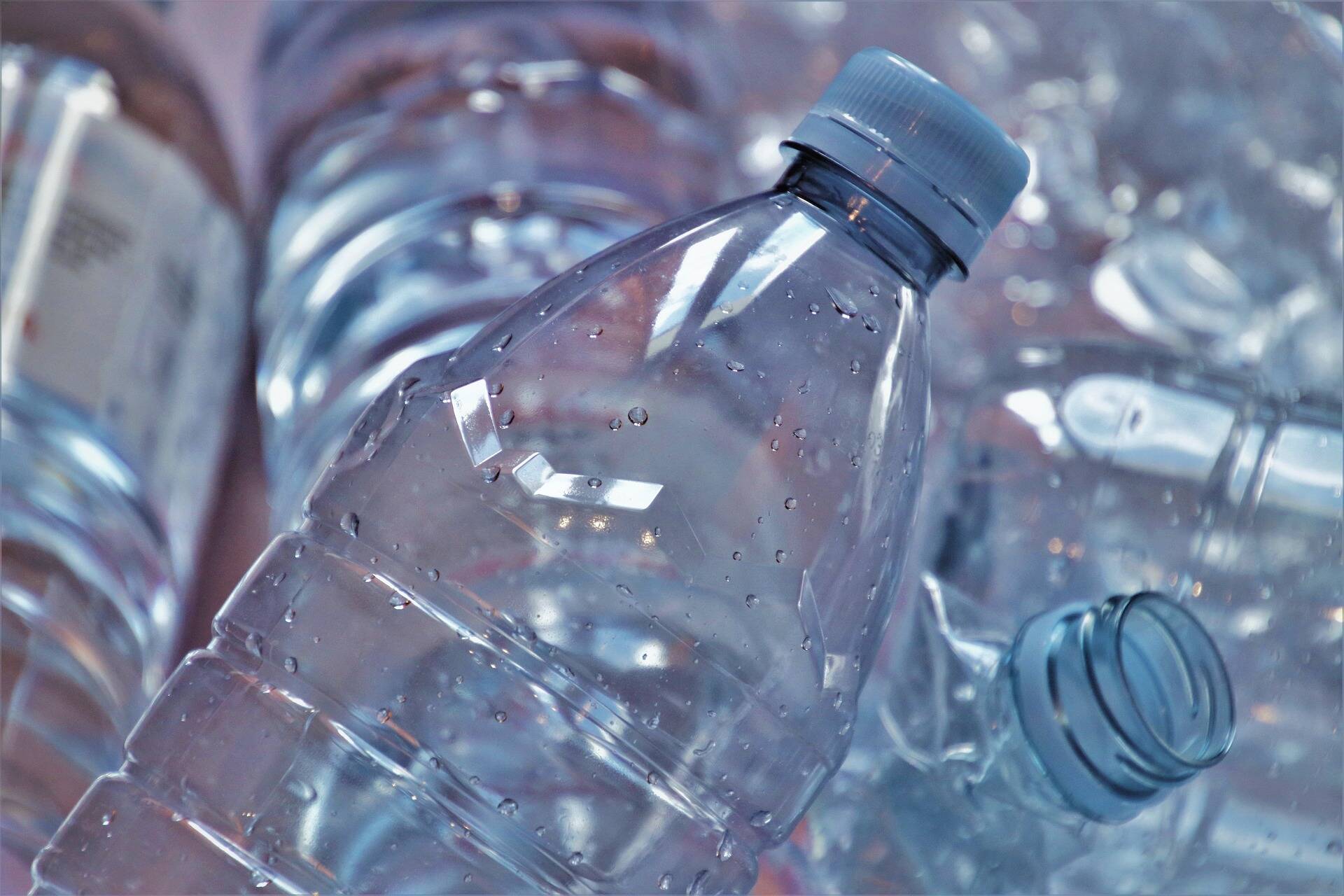
“This is a first in pail-packaging for lubricants in India. We’ve set a benchmark for the industry to move ahead and make products that can help address plastic waste,” says Shantanu Sharma, Brand Marketing General Manager at ExxonMobil Lubricants Pvt Ltd, India.
The development of these pails was driven by our commitment to product innovation and exceeding India’s guidelines for plastic recycling, which state that any product of this type must include at least 30% recycled plastic.
“It’s the first time PCR has been incorporated at this concentration level in plastic lubricant pails in India. We’re researching how to get the concentration level even higher. We have the technical know-how to potentially set a higher standard for this product category,” adds Shantanu.
Rigorous testing for quality
“Making an industrial-grade product by blending more than 30% recycled plastic with virgin plastic is not common—these are big 20-liter pails after all. They must be sturdy and at the same time visually appealing for end customers,” says Bhalchandra.
So we ran a series of tests, some of which were conducted by our Bengaluru R&D Technology Center (BRDTC). The BRDTC is a sought-after hub for testing plastic packaging used across various segments, including health and hygiene, processed foods, and consumer durables.
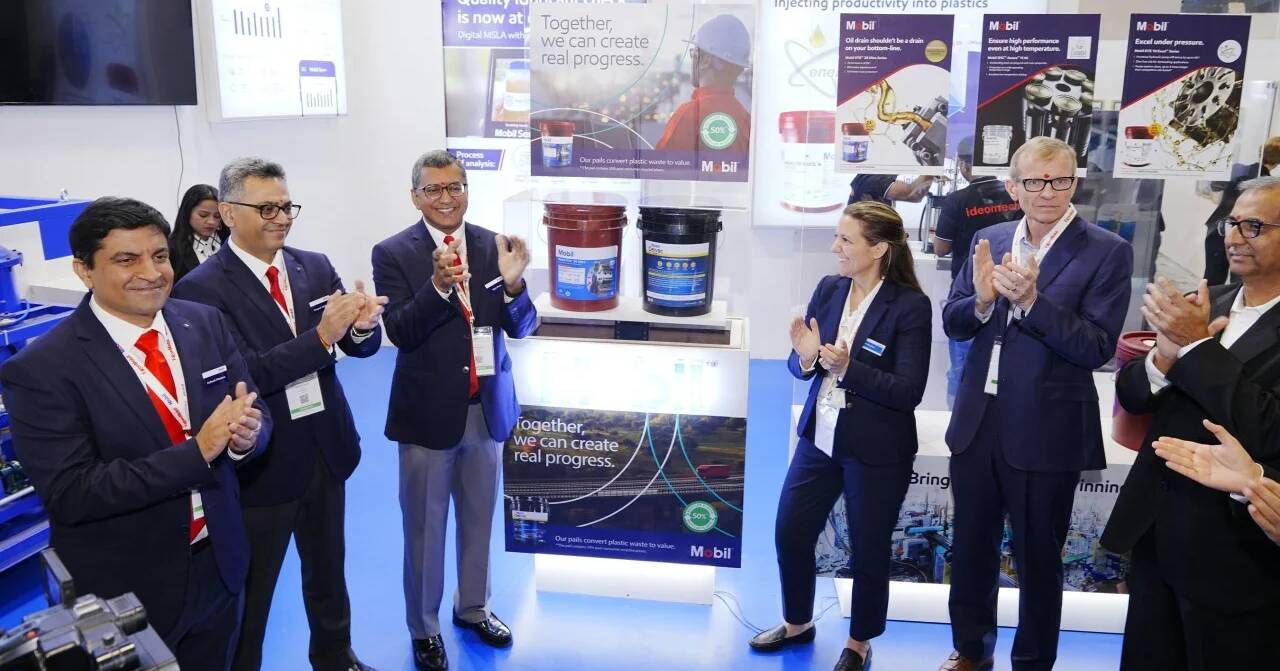
The first step was to test whether lubricating oils react with PCR plastic packaging. “When the BRDTC concluded that PCR plastic incorporated into the packaging did not diminish the quality of our lubricating oils, it was easy to move to the next stage,” Bhalchandra says.
The BRDTC also helped validate quality-control tests and stress-tested the finished pails before their launch. Tests related to leakage, stacking, handling, and impact upon transportation were facilitated by our lubricants team.
New opportunities to help address plastic waste
Indian businesses producing or using plastics are increasingly looking to incorporate recycled content into their packaging to help meet their extended producers responsibility (EPR).
Aimed at improving the collection of plastic waste, India’s EPR prescribes a minimum level of recycled content to be used in plastic packaging as well as other mandatory measures to help address plastic waste.
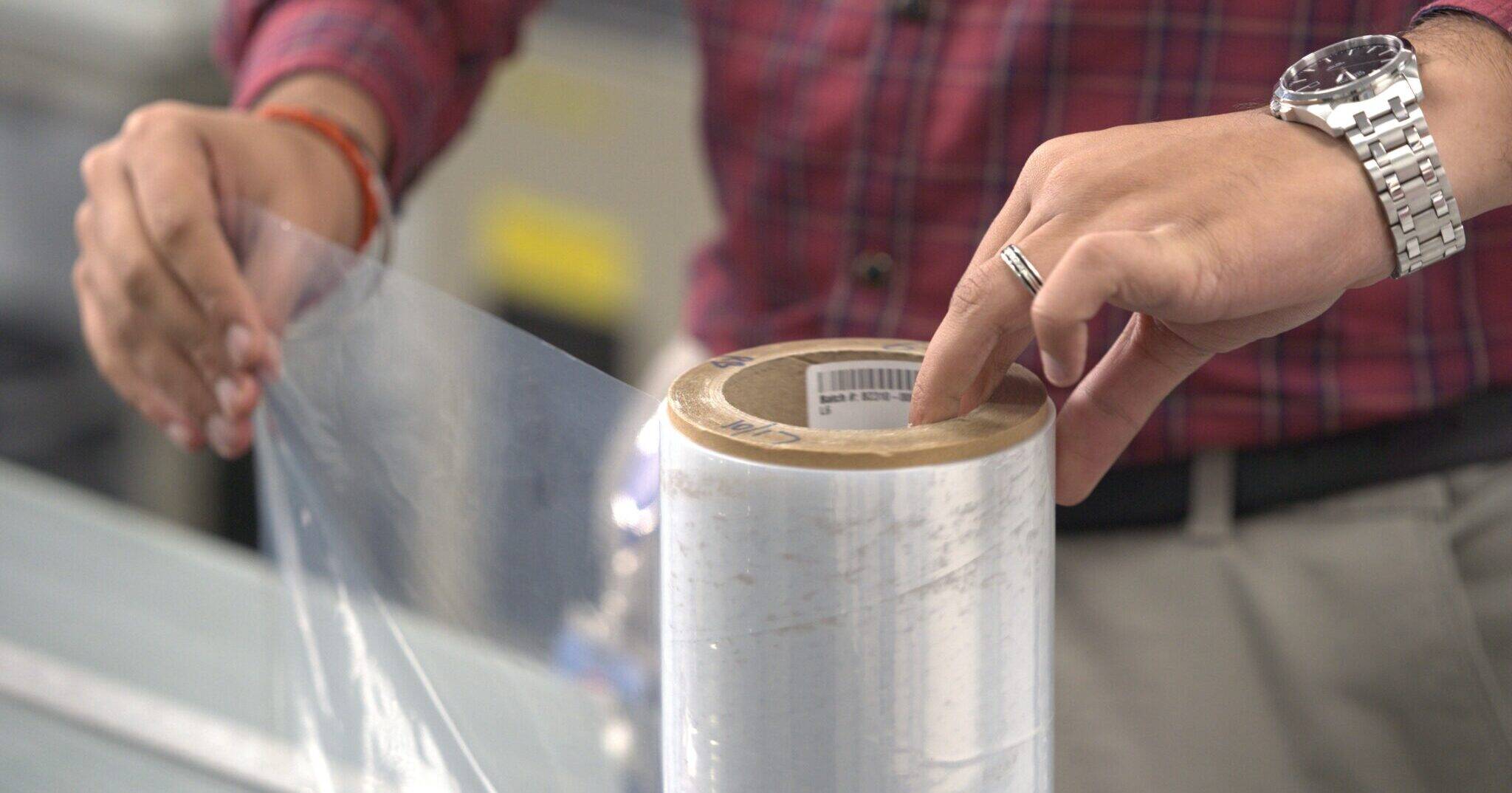
It's promoting greater collaboration in the plastics industry, opening up more avenues for companies like us to collaborate with local businesses and redesign plastic packaging solutions.
We're advancing several initiatives in India and beyond to help make plastic packaging more recyclable. This includes designing mono-material packaging solutions for customers, which is made of layers of a single type of material. It’s potentially easier to recycle in communities where programs and facilities to collect and recycle plastic films are in place.
“It’s encouraging that our collaborations with Indian plastic-packaging makers are also helping to improve their technical expertise,” says Bhalchandra.
“They can now provide the same service using recycled materials to other brand owners that use industrial-grade packaging, including those from paints and lubricants, auto, as well as appliance segments.”
Advanced recycling for greater impact
We're also expanding our capacity for advanced recycling, which transforms plastic waste at the molecular level into usable raw materials. This can help overcome some of the limitations of mechanical recycling.
We're implementing our proprietary ExxtendTM technology for advanced recycling in Baytown, Texas, US. The amount of usable raw materials made from plastic waste is then freely attributed to new certified-circular plastics, leveraging a third-party, certified mass balance approach.
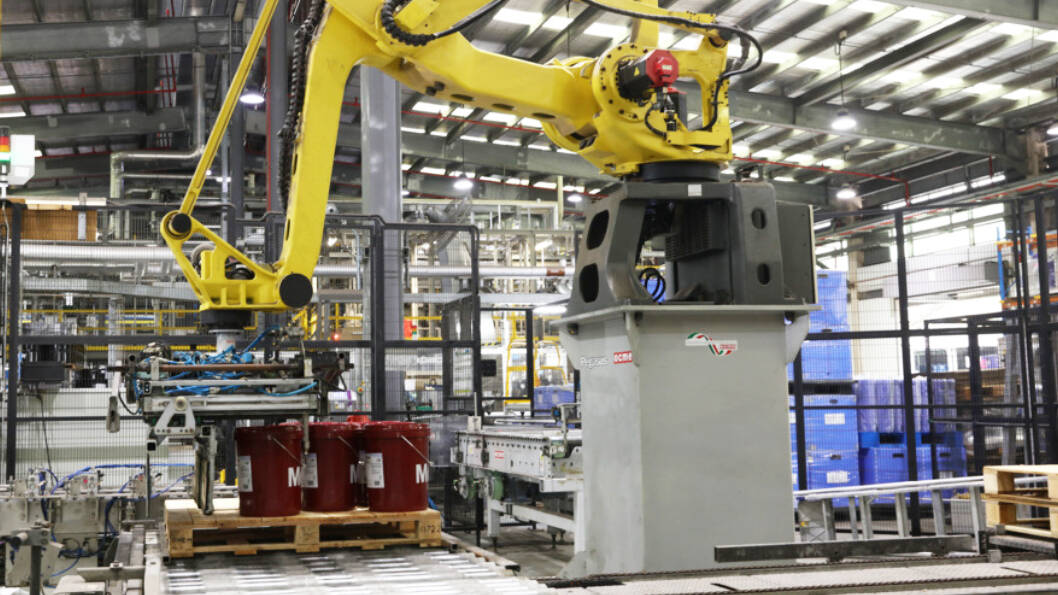
We have already made the first sale of these certified-circular polymers in India to the country’s largest flexible packaging and solutions company UFlex Limited. UFlex will use these materials to produce high-performance flexible packaging, including food-grade packaging.
“We are working to create real progress in this arena: converting plastic waste to value and making plastic packaging easier to recycle,” adds Bhalchandra.
Exxonmobil India
Newsroom
Stay up to date with the latest news and information.
Explore more

Our People and AI: Making the magic happen
2 min read
•
Taking Indian talent to the world stage
2 min read
•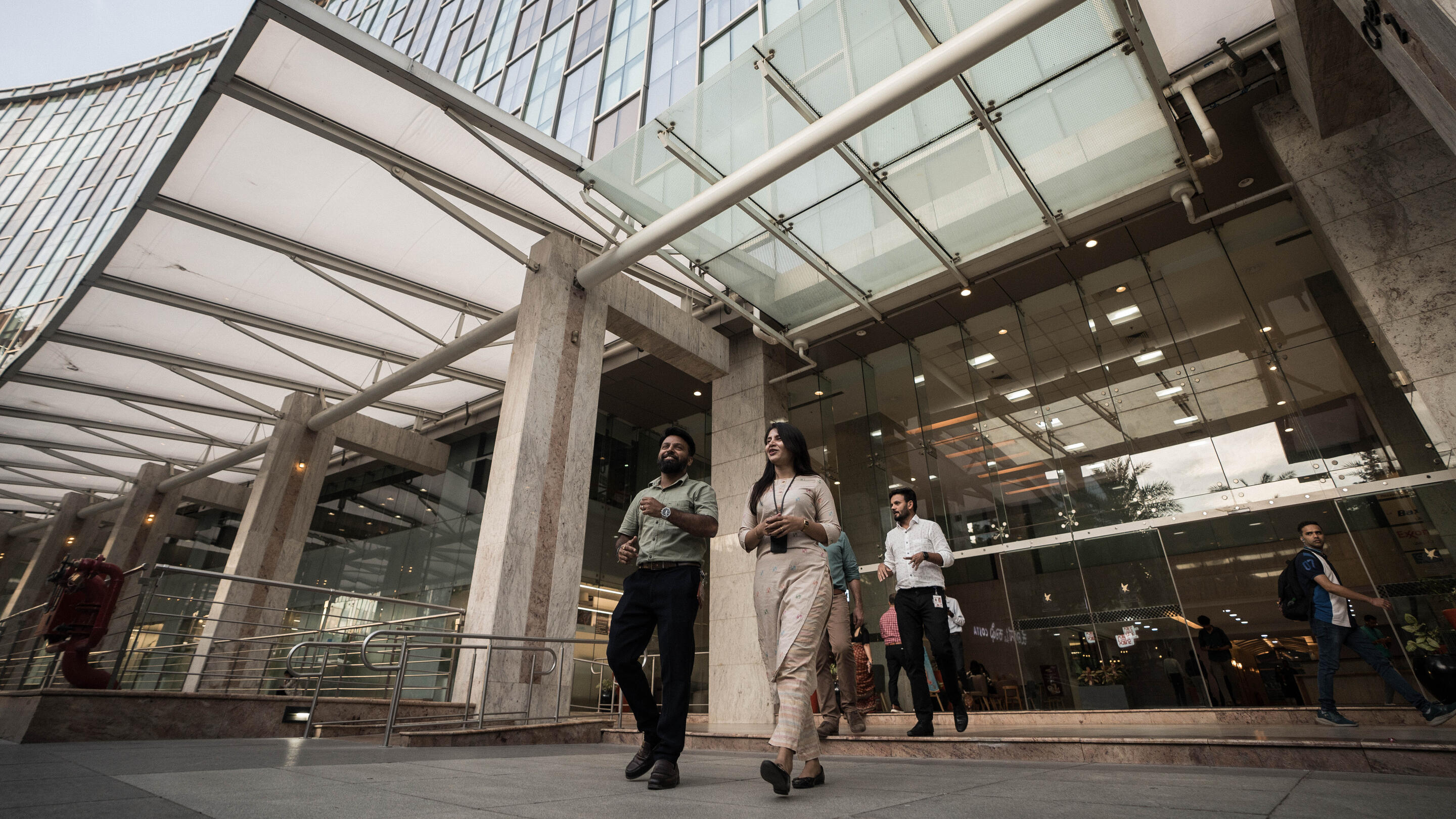
Pragmatic and empowering: The force behind India’s energy story
2 min read
•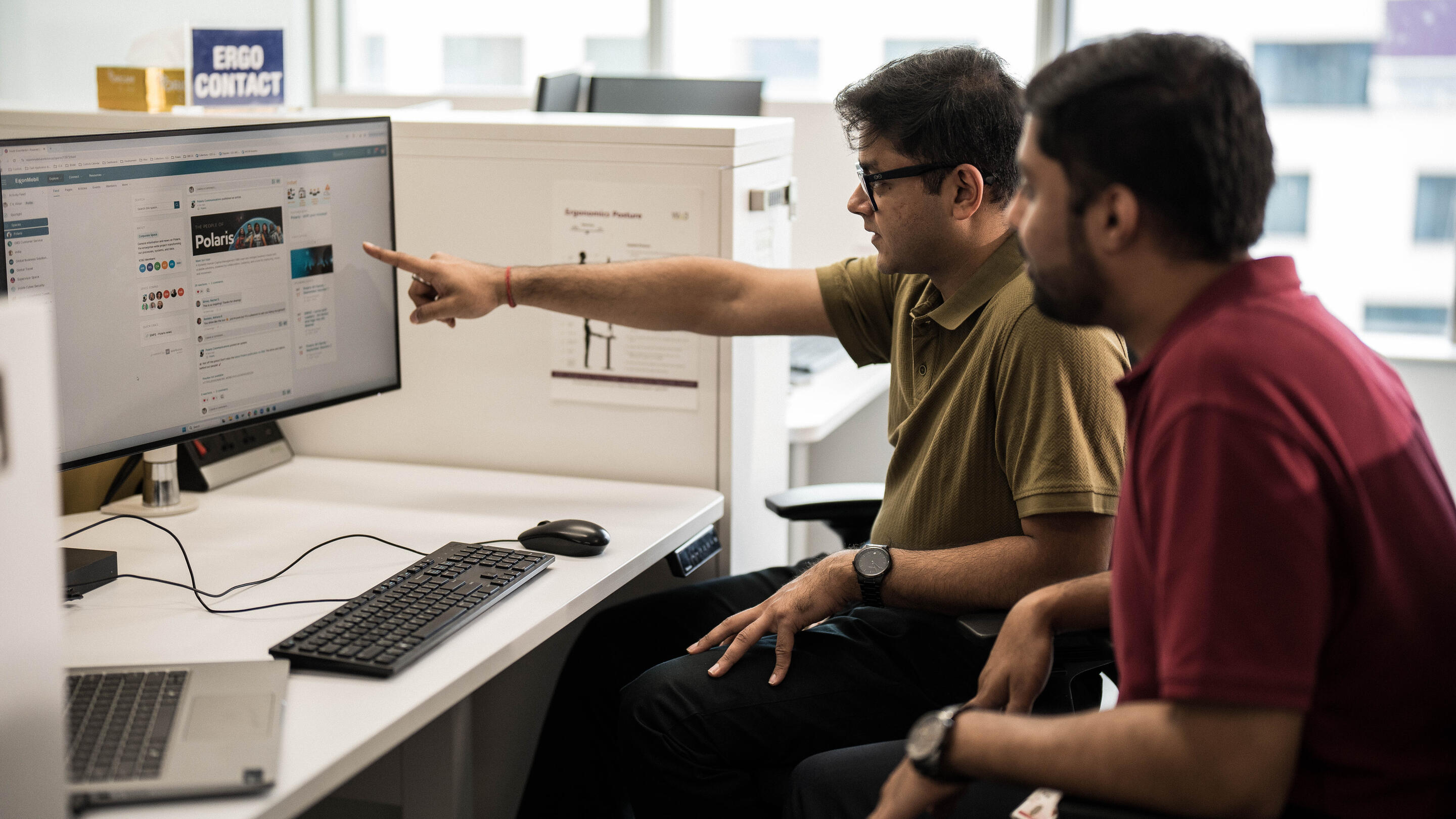
A to B: Turning Artificial Intelligence into Business Intelligence
3 min read
•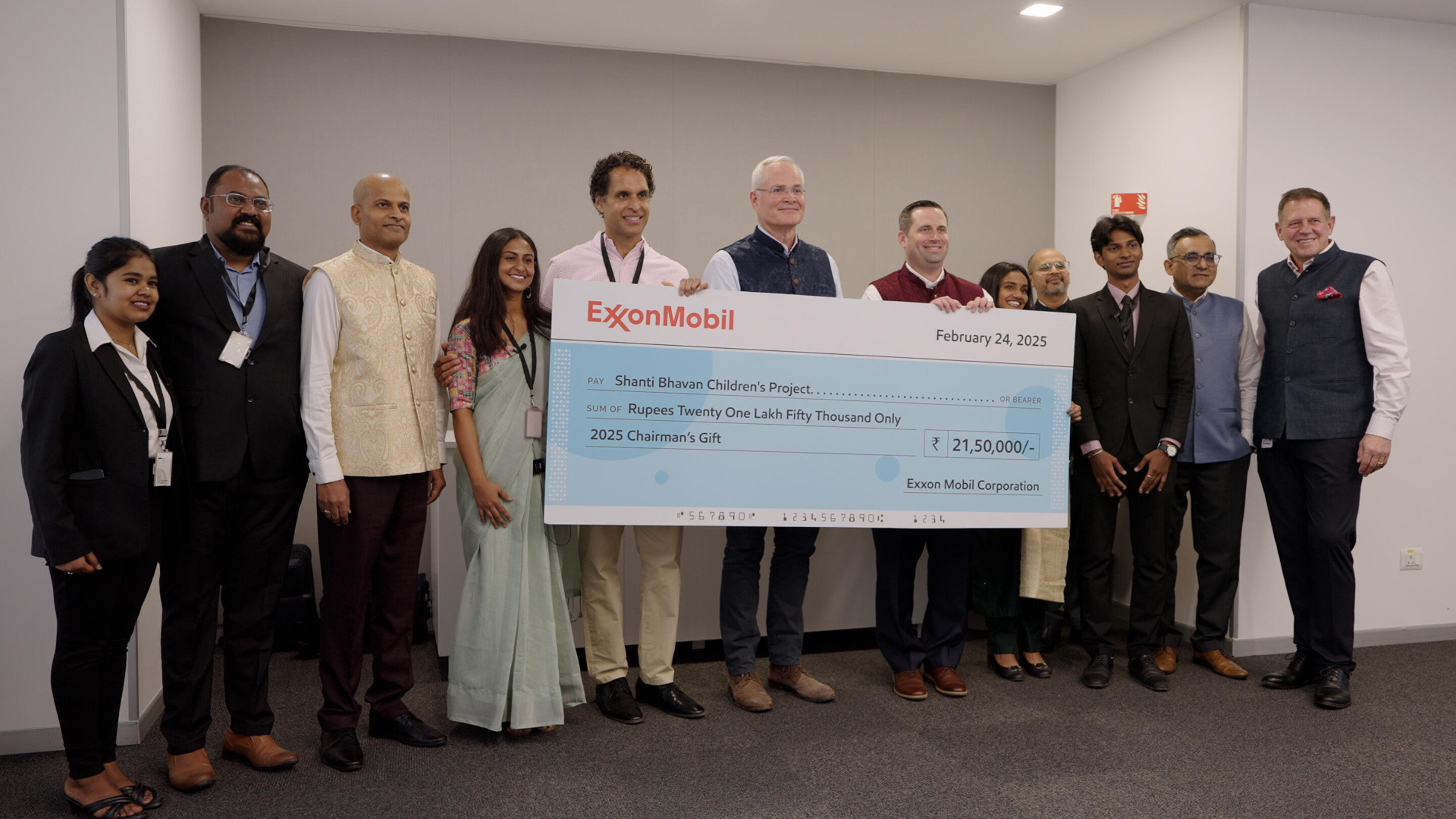
Changing lives with the power of education
5 min read
•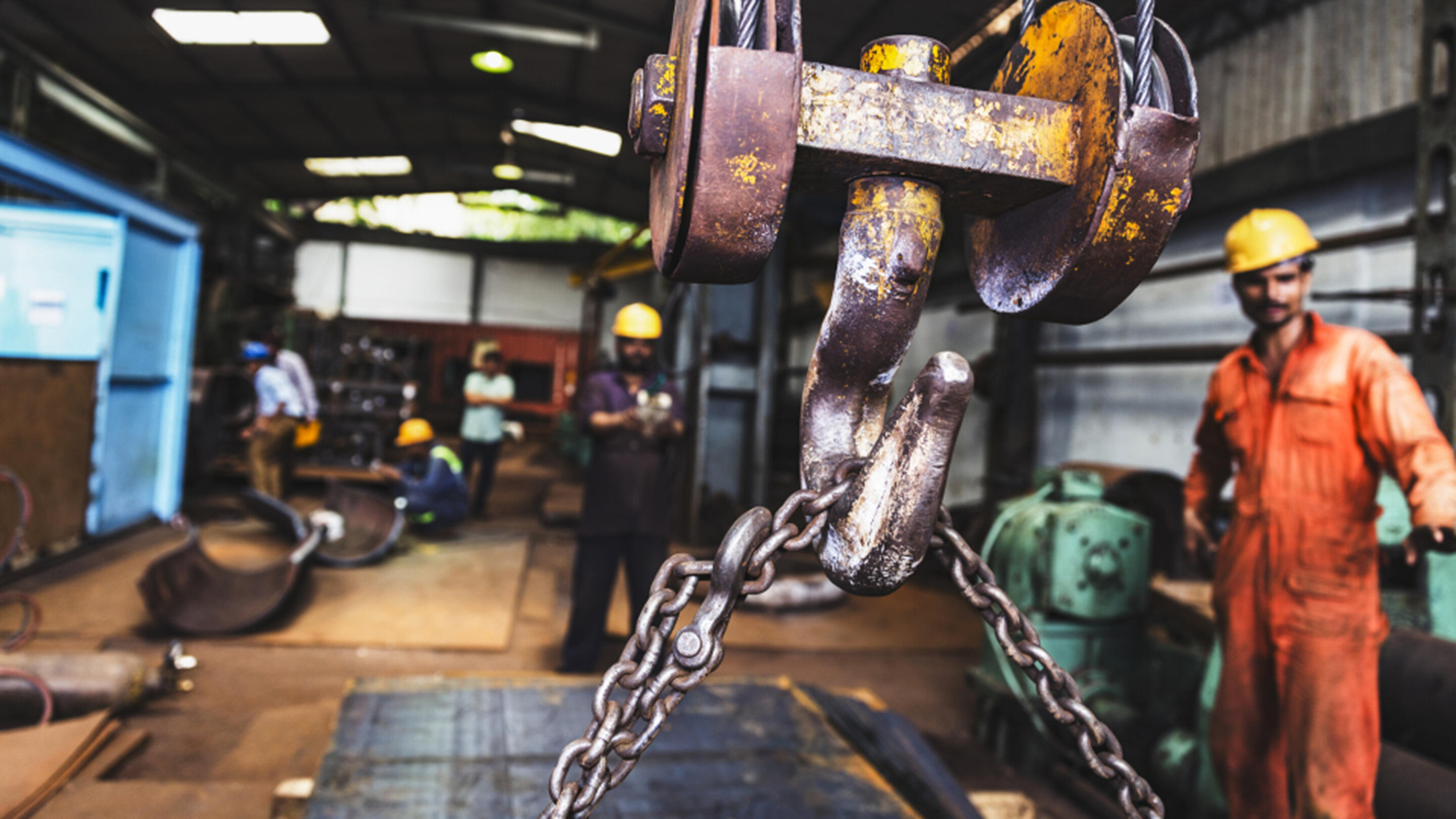
Viksit Bharat: LNG can be part of that
3 min read
•